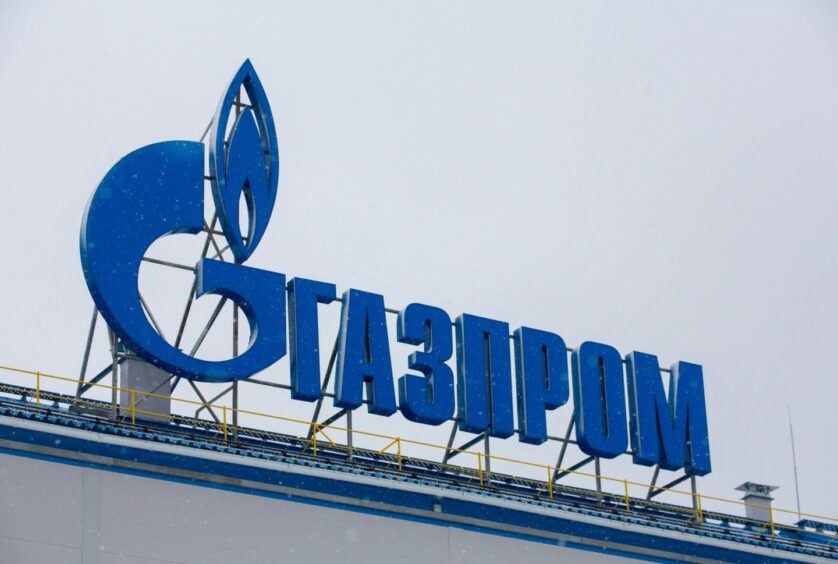
Russia’s budget surplus more than quadrupled in November despite the financial drain of the war in Ukraine, recording another month of improvement thanks largely to dividends and a windfall tax paid by Gazprom.
The fiscal surplus reached 557 billion rubles ($9 billion) in the first 11 months of the year, the Finance Ministry said Monday, up from 128.4 billion rubles reported for January-October.
The strain on public finances has been growing as the government supports the economy during a downturn and allocates more to meet the needs of the military more than nine months into President Vladimir Putin’s invasion of Ukraine.
The Finance Ministry, which was forecasting a full-year budget shortfall of 0.9% of gross domestic product, now expects the deficit to reach 2% as revenues fall and spending rises for the war effort.
But revenues from oil and gas have been surging, already exceeding the full-year plan in the first 11 months.
The Kremlin hit Gazprom with a one-time tax increase to help offset the drop in income this year as the company has benefited from rising prices even as export volumes plunged amid the war. The gas giant, which is state-run, also paid interim dividends for the first time ever.
“Extra revenues from Gazprom are a reason for a bounce in the federal budget surplus. First, Gazprom pays almost half of oil and gas tax revenue in recent months. Second, the company has paid around 0.6 trillion rubles in dividends to the government in November. Without the latter one-off payment, the budget would likely be close to breaking even for the first 11 months of this year,” said Bloomberg Russia economist Alexander Isakov.
So far, the government has been able to cover its funding needs without much trouble, tapping its wealth fund and boosting borrowing on the domestic market, where local investors have seen their alternatives narrow amid sanctions.
Recommended for you
